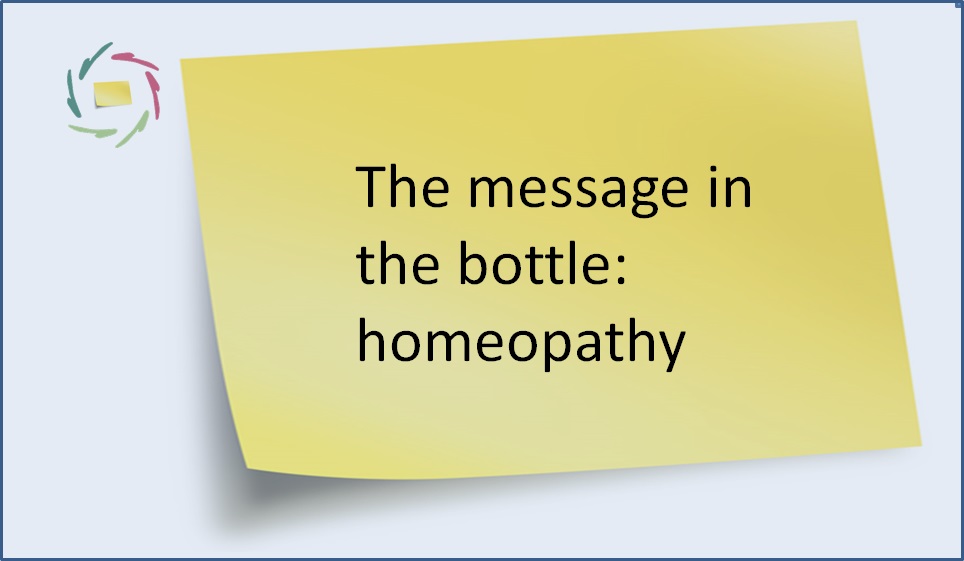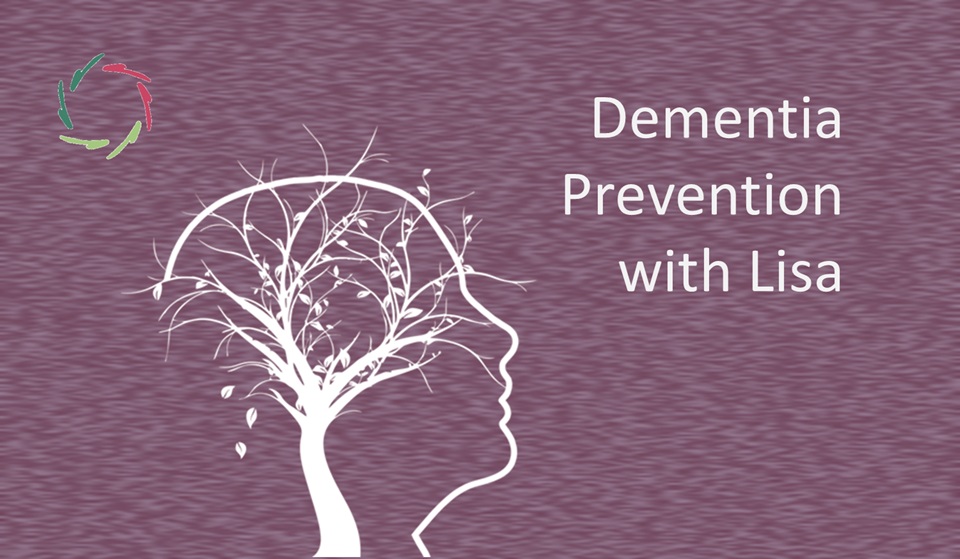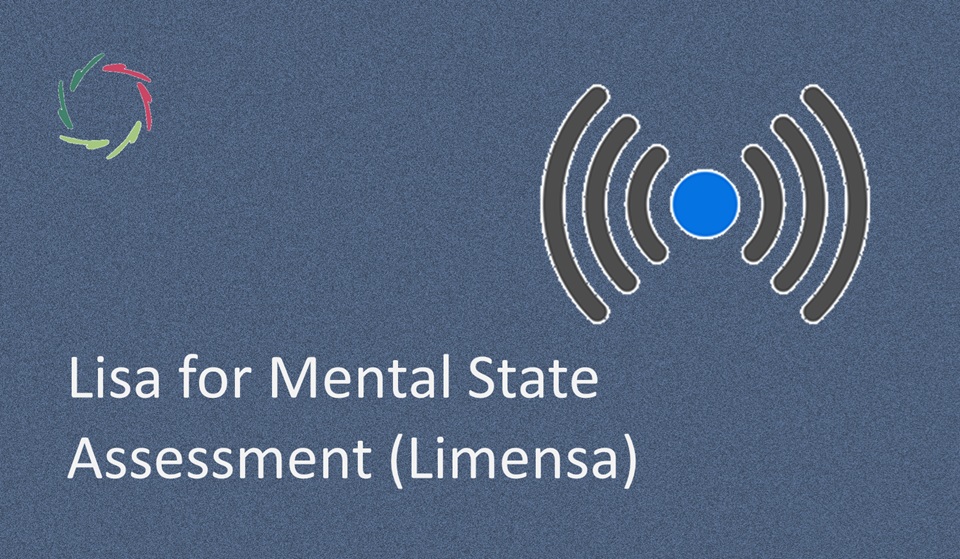15. The message in the bottle: homeopathy

Classic ‘pure’ homeopathy: one takes a number of drops of ‘messaged’ water and gets better. That’s what we are told and guess what, it’s true indeed.
◊◊◊
What is also true is that the person not only takes the water, but also ‘takes’ the expectation that this water will help him. Question: which of both makes him better: the water or the expectation? The question is not whether ‘it’ works. The question is what ‘it’ is.
◊◊◊
Therefore, is the human mind a possible explanation for what happens in homeopathy? I don’t answer that question here. You can answer it yourself. If you say yes, then so much for the homeopathic explanation. It’s in the gutter. As simple as that.
◊◊◊
We as a society should take a very good look at this. There is far more at stake than some water, some alternative medicine or some billions of dollars. At stake are we ourselves. If our minds are doing this, we should respect them. To negate this possibility beforehand, is to disrespect our own minds. That’s bad.
◊◊◊
So.
◊◊◊
‘Scientific’ medicine is not able to tackle homeopathy as long as it denies, in practice, the huge placebo effect of many of its own medications. If you want to be really critical of someone else, you have to be really critical of yourself also.
◊◊◊
The true message in the bottle is that we should look at the broader context of what is happening here. Don’t bet your life on the watery explanation. There is a message hidden somewhere all right. But it’s probably not inside the water. It may be inside us.
◊◊◊
Let’s not waste more words on this.
◊◊◊


